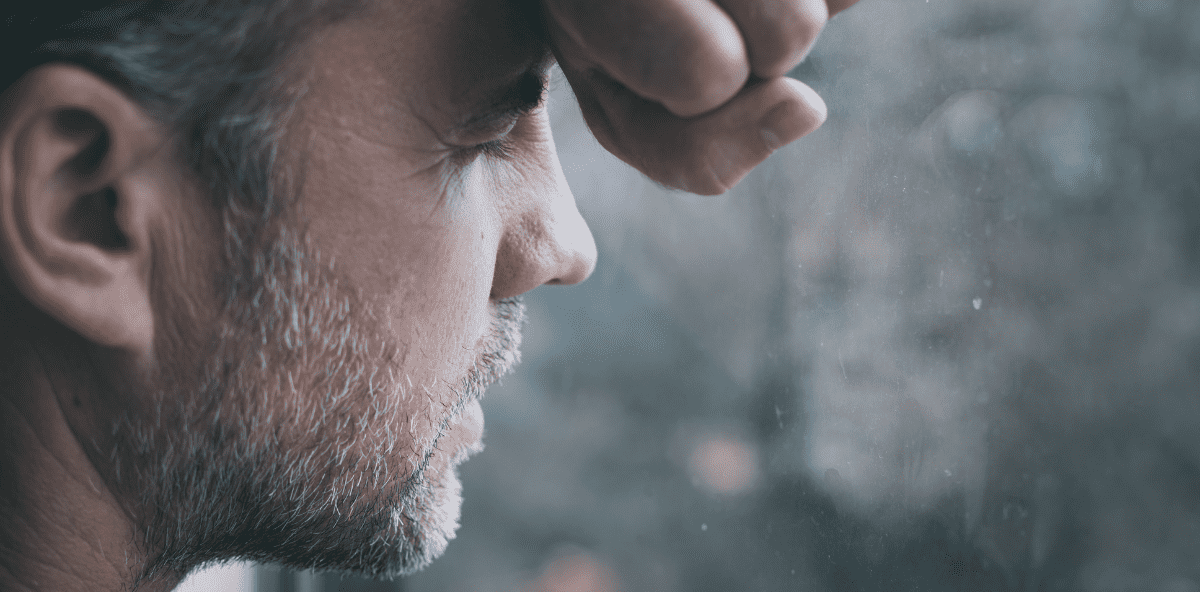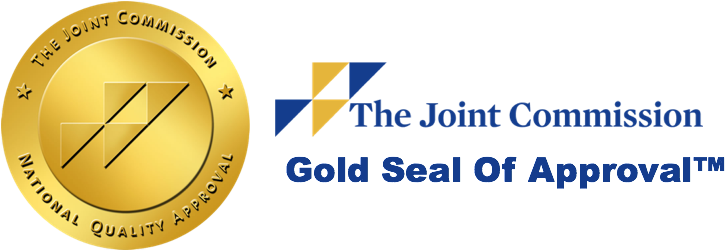At The Phoenix Recovery Center clients and clinicians collaborate to provide individualized treatment plans that ensure the best possible outcome for individuals undergoing treatment. According to the National Institute on Drug Abuse (NIDA), “Matching treatment settings, interventions, and services to an individual’s particular problems and needs is critical to his or her ultimate success in returning to productive functioning in the family, workplace, and society.” Collaboration is key to personalized care and ongoing sobriety.
Collaboration Between Clinicians and Clients
A healthy collaboration between clients and the clinical team begins during intake. You will undergo an assessment to help the intake specialist understand what issues you face and what treatments will likely have the most positive impact. The clinical team then steps in and tailors the treatment plan even further to address all underlying issues and active disorders. Some forms of collaboration you will encounter during rehabilitation include:
- Treatment planning
- Goal management
- Progress tracking
- Aftercare planning
Case managers and clinicians work with each client to ensure they feel comfortable, confident, and supported by the individualized treatment plan created for their rehabilitation. According to the National Academies Press (US), collaboration is multidimensional and requires the aggregation of several behaviors, including:
- Clarification on roles
- Agreement on goals
- Clear and open communication
- Decisions on treatment agreed upon by both client and clinicians
They go on to stress that “mutual respect and trust are necessary precursors to collaboration.” To work closely with the clinical team, you need to feel safe, heard, and understood. You can grow trust and respect by following an individualized plan that delivers noticeable progress toward recovery milestones, such as achieving sobriety and maintaining symptom management.
The Importance of Individualized Treatment Plans
The previously mentioned research published by NIDA went on to report that “It is . . . important that treatment be appropriate to the individual’s age, gender, ethnicity, and culture.” Holistic care looks at the whole individual and makes accommodations to incorporate cultural, religious, and personal traditions that can enhance the effectiveness of treatment.
Co-occurring disorders involving anxiety, depression, and suicidal ideation can significantly affect recovery if left untreated. The Phoenix Recovery Center has taken steps to address comorbidities for each client to ensure they receive tailored care to prepare them for long-term and independent sobriety. Benefits of individualized treatment include:
- Decreased stress
- Better symptom management and reduced symptom severity
- Treatment that provides tools and skills relevant to your experience
What Is Collaborative Assessment and Management of Suicidality?
For individuals with suicidal tendencies or intrusive self-harming thoughts, it is essential to achieve emotional stability to avoid relapse. One way to individualize care is by using a specific philosophy of care called Collaborative Assessment and Management of Suicidality (CAMS). According to research published by BMC, Collaborative Assessment and Management of Suicidality is a “therapeutic framework that appears promising to reduce suicidal ideation and suicidal cognition.” The purpose of CAMS is to provide the following:
- A secure foundation for treatment
- Increased feelings of self-control and self-confidence in clients with low self-esteem
- A plan that allows the client to set the course for treatment
- Risk assessment and the development of prevention strategies or safety plans
CAMS makes it possible for clients to overcome suicidal behaviors or ideations and move forward, allowing them to heal and grow. How you feel about yourself and your future will determine how well you respond to rehabilitation programs designed to treat substance use disorders (SUDs).
Healing From the Effects of Suicidal Thoughts
Suicidal thoughts and behaviors often manifest as symptoms or side effects of mental health disorders related to mood disorders like anxiety or depression. Many individuals turn to substances in a maladaptive attempt to cope with these symptoms. To recover from SUD, you need to treat the underlying issues causing the emotional distress. CAMS can do that by providing the following:
- Insight into the connections between thoughts and reactions
- A neutral space where you can discuss how you feel and methods for keeping yourself safe
- Access to a supportive and collaborative community of clinicians and peers
Co-occurring disorders that involve suicidal thoughts or urges often require long-term individual therapy and a tailored aftercare plan to ensure the effectiveness of your continuing care.
Aftercare Planning and Continuing Care
The collaboration between clients and clinicians extends beyond the rehabilitation program to include aftercare and alumni services that provide continued support and access to essential resources, referrals, and information. After completing treatment, clients who use CAMS or other therapeutic tools to track suicidal ideations will be provided with the following by their case manager and clinical team:
- Referrals to therapist and doctor offices
- Information on community-based local resources for individuals in recovery
- Assistance applying for housing, financial, or job placement assistance
- A detailed plan for symptom management, continuing care, and emergency interventions
You can heal from the damage caused by substance misuse and related mental health conditions with the help of essential treatment tools like CAMS.
The Phoenix Recovery Center Can Help
Many individuals struggling with substance use disorder and dual diagnosis have symptoms related to anxiety and depression that can include suicidal thoughts, behaviors, or intentions. The Phoenix Recovery Center ensures the safety and health of all our clients by providing high-quality services and treatments designed to provide support and teach essential skills. We look beyond the disease to find the root cause of your distress. Our team uses therapy and alternative forms of treatment to give you emotional relief, teach coping skills, and ensure you have the support you need to maintain sobriety. Collaborative assessment and management of suicidality is one of the ways we can help clients who may feel overwhelmed by thoughts of suicide or self-harm.







